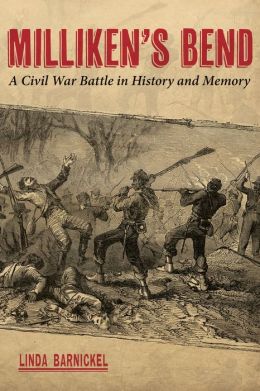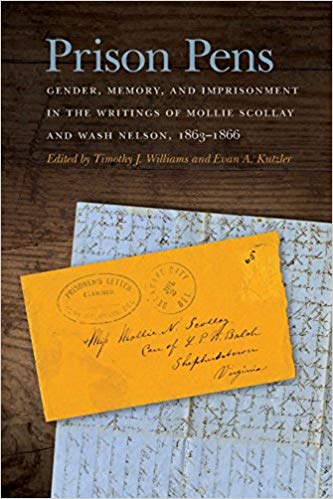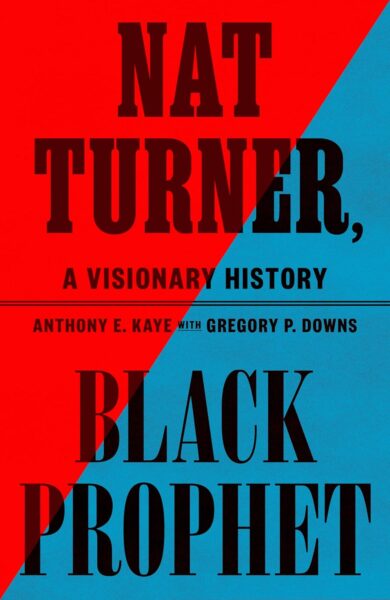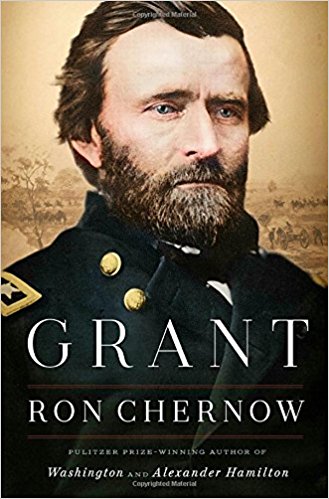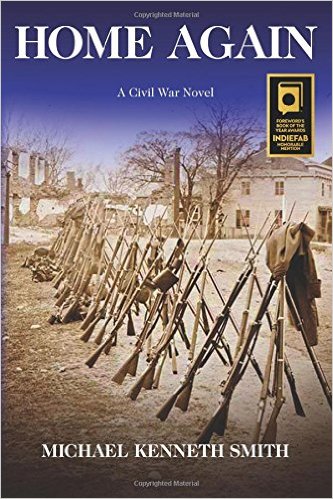 A work of historical fiction set during the Civil War, Home Again follows the lives of two young men as they navigate their wartime experiences. Protagonists Zach and Luke both live in Tennessee but choose different sides in the Civil War, although their stories parallel each other over the course of their service.
A work of historical fiction set during the Civil War, Home Again follows the lives of two young men as they navigate their wartime experiences. Protagonists Zach and Luke both live in Tennessee but choose different sides in the Civil War, although their stories parallel each other over the course of their service.
Working with historical fiction can be difficult, as the author make characters fit naturally into stories that may be already familiar to the reader. Zach and Luke experience well-known battles, such as Shiloh and Gettysburg, and meet recognizable generals. While there are small sections where Smith inputs historical context that seems removed from the narrative (he can be heavy-handed on inserting paragraphs of straight historical fact into the narrative), for the most part, he is able to meld fiction and history into one narrative without huge disconnect. It is apparent that Smith took care in grounding his novel in a solid understanding of the people and battles he included.
At first glance, and even as you read the first few chapters, the plot is somewhat predictable. It is a familiar story in the sense that the two main characters meet as children before the war, join the army (and, of course, fight on opposing sides), and cross paths several times during their service. Each young soldier has some distinct characteristic or ability that sets him apart from his comrades and places him in unique situations away from the front lines of the battlefield. These unique situations allow the two characters to become “heroes”—and happen to keep the two characters in locations where their paths would cross. While Smith does a good job developing his characters and melding history and fiction, the plot is nothing out of the ordinary, and the writing seems lackluster at times.
But even if the overarching plot is predictable, Smith’s novel strays from the expected in very important ways. As one follows the stories of Zach and Luke, he or she also experiences their own increased realization of what war really was. At the beginning, both men are excited to join the army, as most recruits were. But as they taste their first bit of combat at Shiloh, war is stripped of its romance and glory. Smith does not shy away from the reality of the battlefield or ignore the impact that wartime experiences might have on soldiers. This is where the book excels; Smith explores the raw emotion that comes with war—usually glossed over in more romanticized stories. Here, we see the horror of the battlefield, the internal battle over taking another man’s life, a soldier losing his nerve and will to fight, the impulsivity of battlefield bravado, and the cold monotony of wartime hospitals and prisons.
As I approached the end of the book, I kept thinking back to the title with the expectation that the novel would resolve itself with the two soldiers wrestling with their service after returning home. Instead, the novel takes the reader up to the moments Zach and Luke return home. For each soldier, it is that moment when they truly realize how much the war has affected them. I will not spoil the ending for those who choose to read the book, but the final image the reader has of each soldier is positively gut-wrenching. It is in the novel’s finale that Smith really breaks away from the “expected” homecoming of the war-worn veteran, and it has tremendous effect on the reader. On the one hand, the ending is so abrupt it almost feels unfinished; the reader is left with a lot of questions. Yet that lost feeling only adds to the power of Smith’s final imagery. If the reader feels lost, image how the two soldiers feel.
While Home Again is not a literary masterpiece, it is a solid piece of writing that invests the reader in both the fictional characters and the historical events. What it lacks in plot, it makes up in solid historical context, success in placing the two characters into familiar histories, and its powerful exploration of warfare’s raw emotions. Despite its flaws, the book is enjoyable to read and would be interesting for both Civil War enthusiasts and those looking for a new, interesting novel to explore.

